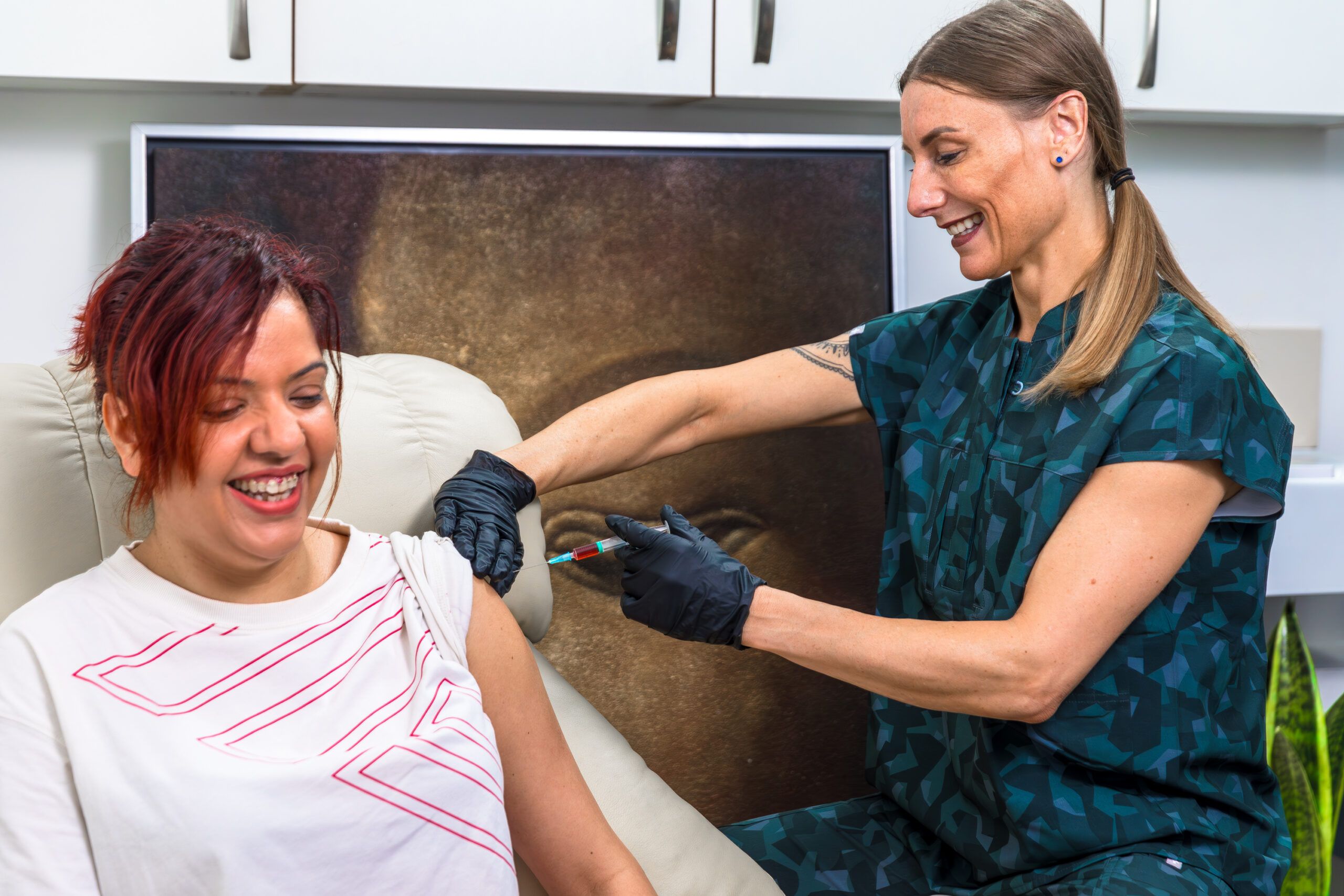REVIEWS
Almost Michelle identified a dairy allergy. With regular treatment I felt amazingly my skin improved, I was sleeping well. Unfortunately due to personal circumstances I have had to reduce treatment and does my body know about it! Flare ups are back and I'm not sleeping as well!
Michelle is worth her weight in gold. If you are struggling then it is well worth booking a consultation
Thanks Michelle
Not only has she helped me through colon hydrotherapy, but she has also identified other health concerns and provided support. I've been seeing Michelle for few years, and she is the one person I trust to give me the right advice regarding my health and well-being.
She is friendly, approachable, and creates a comfortable environment where you can be yourself while benefiting from her expertise. I highly recommend Michelle to anyone looking for a knowledgeable and compassionate health professional.
I visited on the Saturday for my consultation & Michelle instantly put me at ease and explained the process thoroughly.
I was then booked in the next day for my 1st treatment session, I am sure Michelle could sense my fear but she didn't show it - she talked me through everything again and made sure to take me through the process step by step.
I felt instant relief, and the pain I had been in has disappeared, I have just finished my first day pain free and I am so thankful to Michelle for all her help - I will most definitely be making this part of my normal routine.
After suffering menopause symptoms for way to long
Tired moody irregular periods emotions all over the place but the big one one for me my anxiety was something else had a conversation with Michelle who suggested the meno patch
When I say this has changed everything almost instantly
I'm focused I have more energy zero anxiety I'm so calm and for the 1st time in over a year I have had a what I call a normal period and I welcomed it that feeling of normality
Those around me have noticed the difference but more importantly I have felt it
I have been taking them for 4 wks it's my little patch of heaven
Thankyou Michelle 😍
I love seeing Michelle, her energy, conversations, helpful advice and great banter makes it even more worthwhile! She makes you feel utterly comfortable! (Thank you Michelle and thank you Steve for your friendly admin every time I called)
I’ve had 3 sessions and can’t wait to go back for more! I would say you need a minimum of at least 3 sessions to be surprised by your body!!
Keep doing what you do! You love it, we love it.. it’s a win win 🫶🏽
The Treatment Was Painless
And Michelle Was Wonderful
Felt So Much Relief
I had heard about colonics and was interested in the process so I went ahead and booked a consultation knowing I wanted to go ahead with the treatment. After my second treatment my monthly cycle was due and low and behold my migraines didn’t appear. So for the first time in however many years I’ve had a pain free cycle which meant a week less of strong pain relief. Woo hoo!
Couldn’t be happier with my colonic journey.
Thank you for being so welcoming. The wealth of knowledge Michelle has is incredible. Don’t suffer in silence and get yourself sorted.
Frequently Asked Questions
When you first start your treatment, it’s common to have an injection a few times a week. Your dose may change depending on your response to the treatment. B12, Vitamin C, and Biotin are advised to be taken at regular intervals every four weeks to ensure optimal health benefits.
On the other hand, Vitamin D supplementation is recommended specifically during the winter months, starting from October onwards. This regimen extends for a duration of six months, effectively covering the period when natural sunlight, a primary source of Vitamin D, is limited. Following these guidelines can help maintain essential nutrient levels for overall well-being throughout the year.
Vitamin injections are safe, and adverse effects are rare. However, some people may experience some pain, swelling or redness at the injection site, and in much rarer cases, headaches, itching or nausea. Very high doses of vitamins may sometimes cause acne.
You can have Hydroxocobalamin – vitamin B12 while pregnant or breastfeeding. Vitamin B12 is essential for the proper development of the nervous system in the fetus and is vital for milk production. Before receiving a vitamin B12 injection or any other vitamin injection, seeking guidance from your healthcare provider is crucial.
Vitamin supplements can effectively treat a deficiency, but they may not be as well absorbed as an injection. In any case, your healthcare professional can advise you on the most appropriate form of vitamin for your specific situation.



